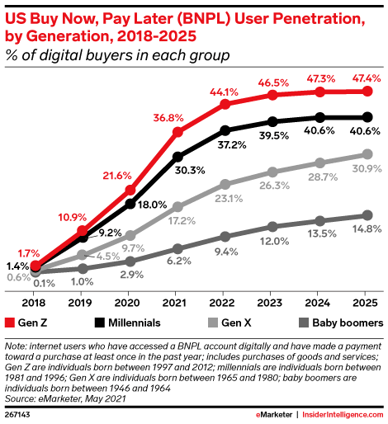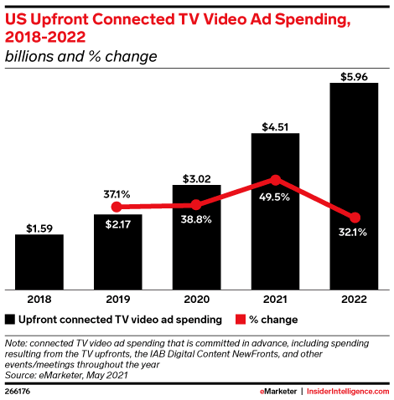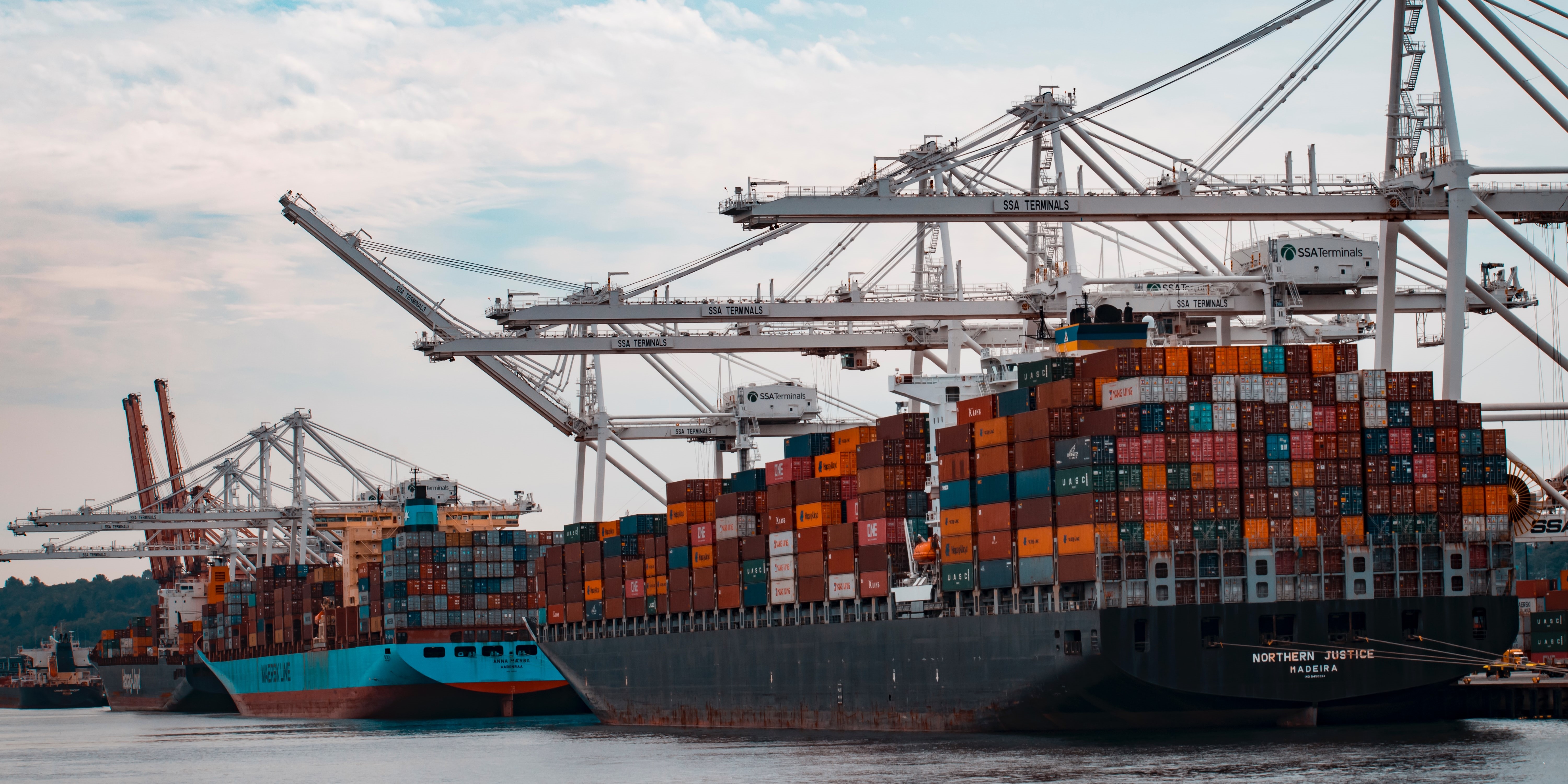How To Drive Profits Through Untapped Markets During A Recession.
ClickThrough's Head of International, Alison Booth, tells us how to increase your profits through untapped markets during a recession.
Read moreInternational Digital Marketing Executive, Andrea Diaz, takes us through the latest in international marketing news, from new smartwatches to buy now, pay later data. Read more.
In this week's International Marketing News Round-Up, there's a look into Facebook's smartwatch development, a potential luxury boom in India, continued post-Brexit trade deals and much more.
For 2022, Facebook is developing a smartwatch based on its messaging services, with a focus on health and fitness.
According to the first user forecast for these financing choices, more than 45 million people in the United States aged 14 and above will utilise buy now, pay later (BNPL) services this year. This is an increase of 81.2% from 2020, and the age range of BNPL customers will also broaden in the coming years.
More than 80% of BNPL users were millennials or Gen Zers (14 and above) in 2018, when today's important companies like Affirm, Afterpay, and Klarna were still establishing themselves as respectable payment providers. This year, the figure will decline to 73.2%, however, younger customers are still more likely to experiment with alternative payment methods than the general public.

India's wealthy and aspiring classes are rapidly expanding, and their insatiable need for luxury is remindful of China's.
According to the Credit Suisse Global Wealth Report, India has 4,593 ultra-high-net-worth individuals in 2019, ranking fourth behind the United States, China, and Germany.
Around 912,000 millionaires live in India, accounting for 2% of the world's 51.9 million millionaires. India will overtake the UK to become the world's fifth-largest economy in 2025, and the world's third-largest economy by 2030, according to the Centre for Economic and Business Research (CEBR).
According to India Retailing, the luxury market in India will be worth more than $200 billion by 2030. As India emerges as a global luxury hotspot, international businesses are increasingly optimistic about growing their footprint and raising brand awareness in the country. However, in one of the world's largest and most populous countries, marketers must simply pay attention to their customers. A "one-size-fits-all" approach will not work because consumer trends and behaviours varies among areas, cities, and social groupings.
Advertisers will spend about half as much on upfront CTV video ads this year as they did last year, totalling $4.51 billion.
This figure accounts for all CTV video ad expenditure that has been committed in advance, such as spending from the TV Upfronts, the Interactive Advertising Bureau (IAB) Digital Content NewFronts, and other events and meetings throughout the year.

It's become standard for a TV network to spend billions of dollars developing its own streaming service, so it's no surprise that networks are emphasising their own streaming services during upfront pitches, asking advertisers to commit 20% to 30% of their upfront budgets to their streaming services, according to MediaPost in April.
Because digital inventory is becoming increasingly important in upfront deals, advertisers are changing their approach this year, arguing for more flexible media placement options and a shorter negotiation period.
The UK and Singapore have begun talks on a ground-breaking digital economy agreement (DEA) that will allow British businesses to expand their service offerings.
Both countries are digital economy leaders, and in 2019, 70% of UK services exports to Singapore, worth £3.2 billion, were delivered digitally, ranging from banking and legal services to music streaming and e-books. How to strengthen co-operation in growth sectors like fintech and lawtech are the topics being discussed.
Other issues up for discussion are guaranteeing accessible digital markets for exporters, enabling cross-border data flows, reducing red tape, and protecting intellectual property rights.
The goal, according to Truss, is to make the UK a global centre for services and digital trade.
And that brings us to the end of this week's International Marketing News. If you'd like to discuss any of the news covered - please do not hesitate to get in touch.
More articles you might be interested in:

ClickThrough's Head of International, Alison Booth, tells us how to increase your profits through untapped markets during a recession.
Read more
Welcome to the latest round-up of all things digital. This is where we look at the latest updates in the world of PPC, SEO, Content and International...
Read more
Find out more about the latest updates in digital marketing. Featuring key updates from Google, demystifying meta descriptions, and checking in on...
Read more
Episode eight of The Assorted Digital Ramblings podcast is now out! Learn more about International Marketing with guest Alison.
Read more
In this week's International Marketing News, Andrea takes us through personalisation and privacy in retail and much more. Read on.
Read more
In this week's International Marketing News, Andrea takes us through new .au domain extensions, Bitcoin ATMs and more. Read on.
Read more
Join Andrea Diaz for this week's International Marketing news, covering walled garden investigations and more.
Read more
In the International Marketing News this week, Andrea Diaz takes us through the importance of implementing omnichannel strategies in 2022, Huawei...
Read more